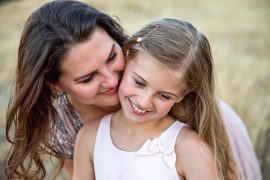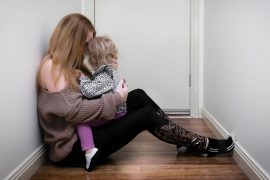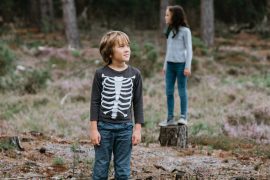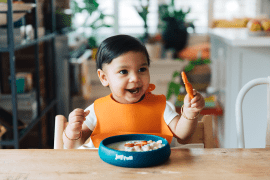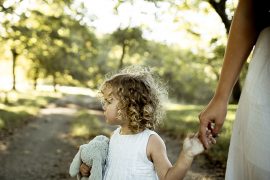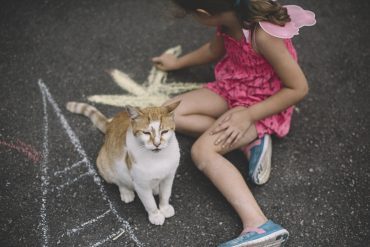Being a self-centred parent:
Being a self-centred parent is not a popular image. Our culture still expects us to be martyrs for the sake of our children, yet this is not healthy for us, nor for our children, who can only learn that it’s OK to get their needs met at the expense of others – an attitude that seems to be growing in our society. Being a self-centred parent teaches my children to be respectful of my needs, and the needs of others, and gives us both good practice with saying “No”. Being self-centred has made me a much stricter mother, in many ways, compared to my early mothering years, but my children are not selfish and spoilt, and are in fact more flexible and accommodating than I could have imagined.
Being a self-centred parent also helps me to keep my boundaries as clear as possible. In the language of Parent Effectiveness Training – one of my favourite parenting resources — it helps me to know when the problem belongs to me (and I need to take action) and when it belongs to my child (who needs to take action, with my support if necessary).
For example, if my children leave their rooms untidy, my self-centred response is “How does this affect me?” If it has no real impact, then it is their problem, and they can live with the consequences, if any. If, however, I feel that I don’t want to go in to put their washing away because I might trip over, or because I just don’t like the mess, I could tell them, “I don’t like going into your bedroom, so I am not going to put your washing away. You will have to collect it yourself from the laundry.” In this way, I have owned my part of the problem, and trusted my child with the decisions and actions (or inactions) that affect them.
Self-centredness also saves us from the resentment that can come when we over-stretch ourselves in fulfilling our children’s needs. This is not uncommon for attachment parents, especially for those who did not get their needs met as children, and who therefore can overcompensate with their own children. If you have difficulty with saying “No” to your children, as I did, this may be an issue that you need to look at.
Sometimes I lose my self-centeredness or I am unsure what is the right decision: do I go out of my way to do what my children want, or do I say “No” and live with their disappointment or anger (which is usually short-lived, in my experience)? At these times, I make my decisions based on how I imagine I will feel afterwards. If I think that, for example, tidying my children’s room, reading yet another book, or breastfeeding my toddler, will leave me feeling tired or resentful, this gives me the extra resolve to say “No”. Feeling resentful and blaming our children for what we have agreed to do for them is not healthy for either of us!
I leave some final words on self-centred parenting to Rachana, my wise teacher who has taught me so much about motherhood. As well as introducing me to PET, Rachana gave me a mothering mantra – a phrase that helps me to centre and come back to myself when things are difficult. The mantra is: “Because I love myself…”
This mantra reminds me that the core of my mothering is my self, and that the more I love myself, the more I am available to love and care for my children. Because I love myself, I can be loving and truly in love with my children, my family, my friends and the world that we all share.
Adapted from Chapter 28, Gentle Discipline, in: Gentle Birth, Gentle Mothering: The wisdom and science of gentle choices in pregnancy, birth and parenting. Dr Sarah J Buckley, One Moon Press 2005.
Dr Sarah Buckley is a NZ-trained GP, also trained in GP obstetrics. She is the author of the internationally best-selling book Gentle Birth. Gentle Mothering and the scientific report Hormonal Physiology of Childbearing, published with Childbirth Connection (US) .Sarah is also the mother of four children, all naturally born and naturally raised, now in their teen years and beyond. Sarah is currently combines mothering with her work as a writer and lecturer on pregnancy, birth and parenting, and is also a PhD candidate at the University of Queensland in Brisbane, Australia. For more of her work, see www.sarahbuckley.com

